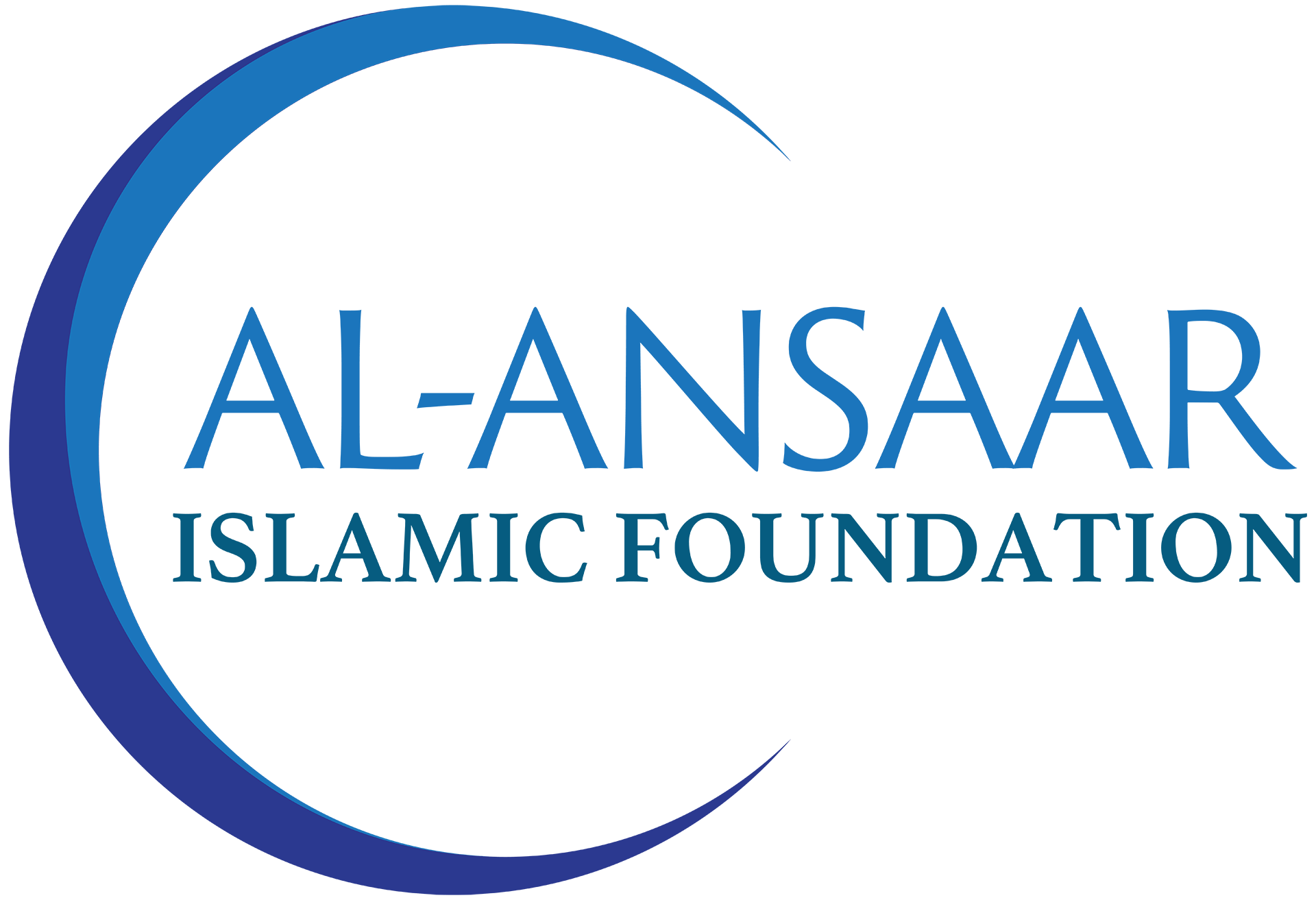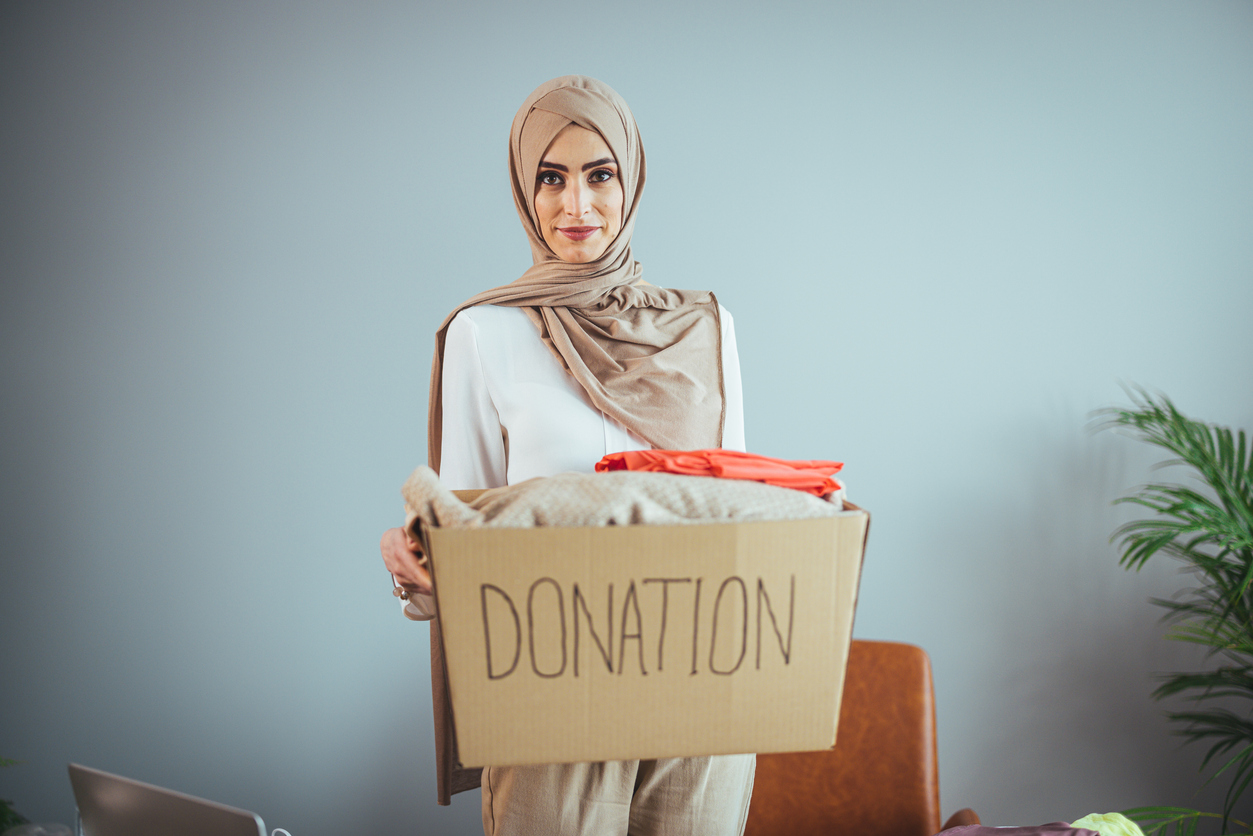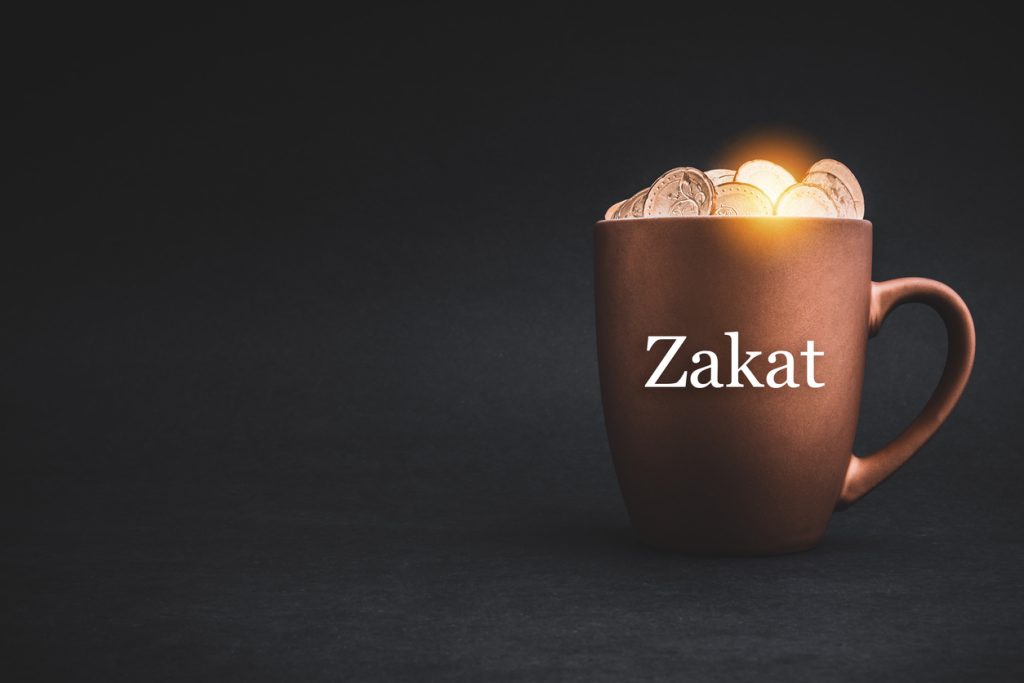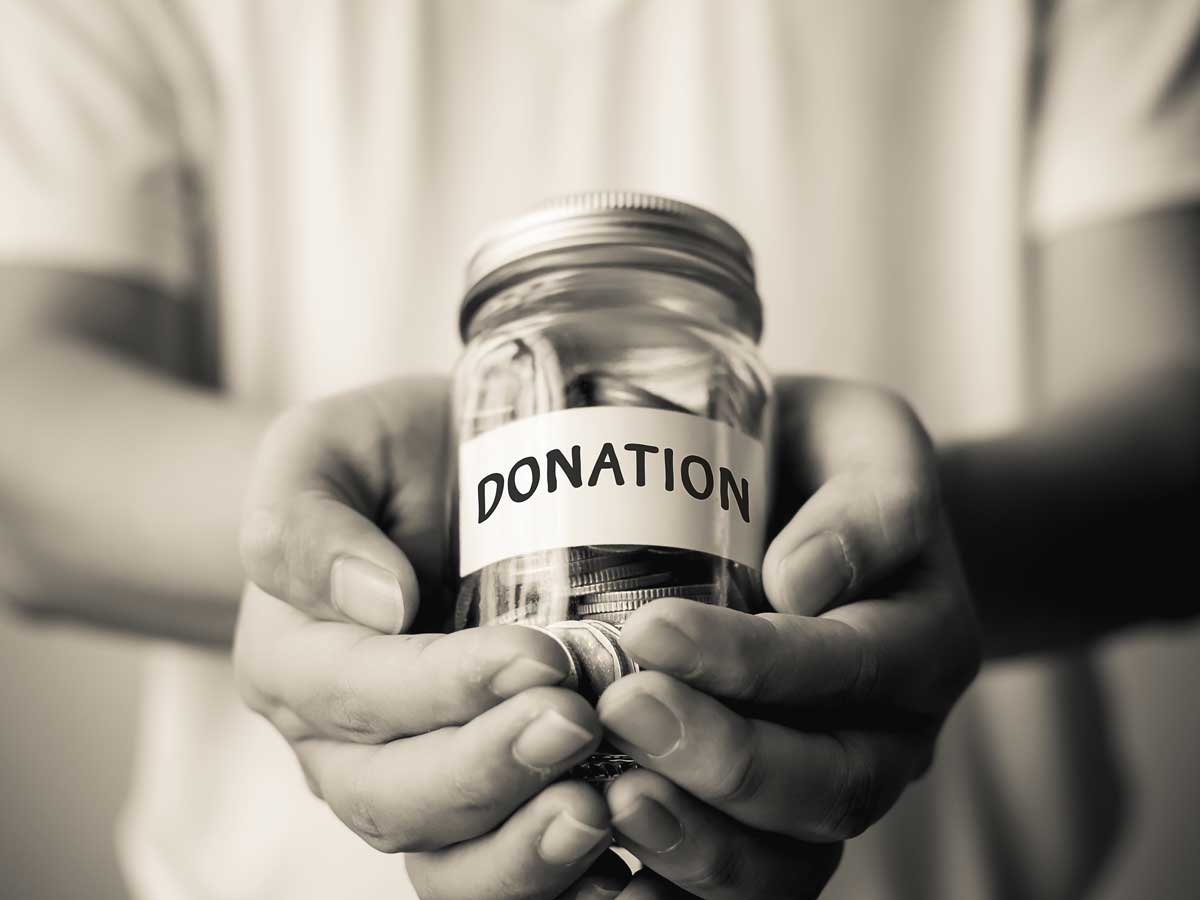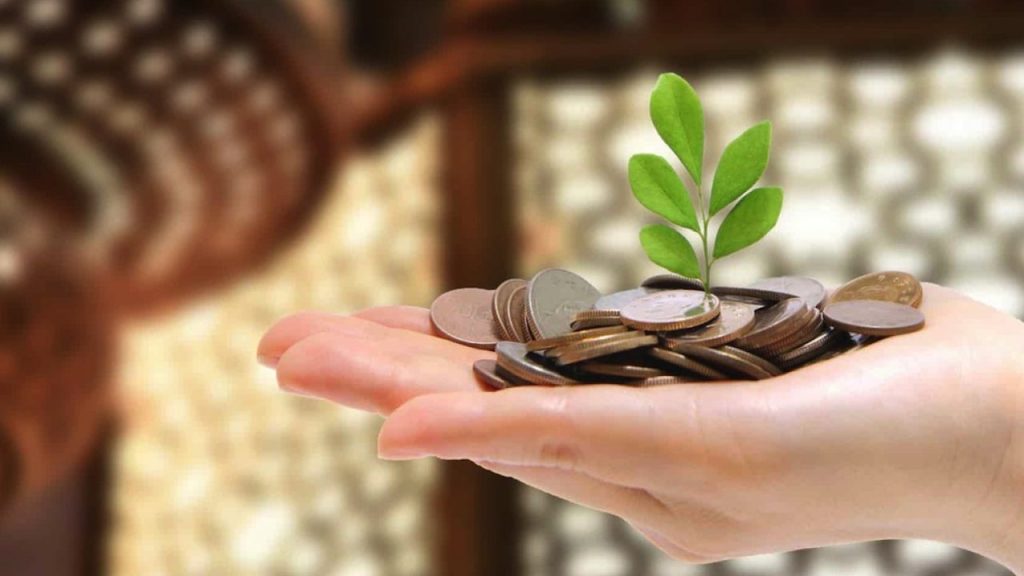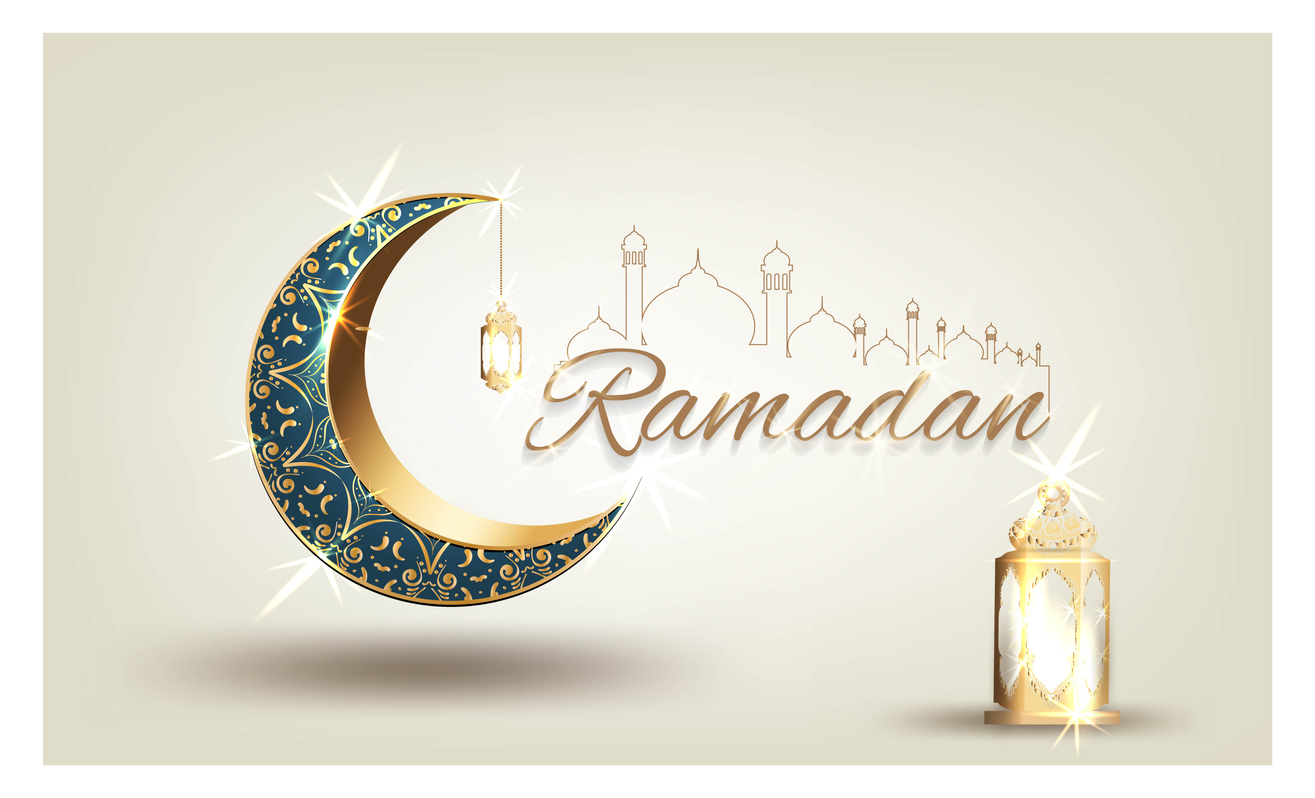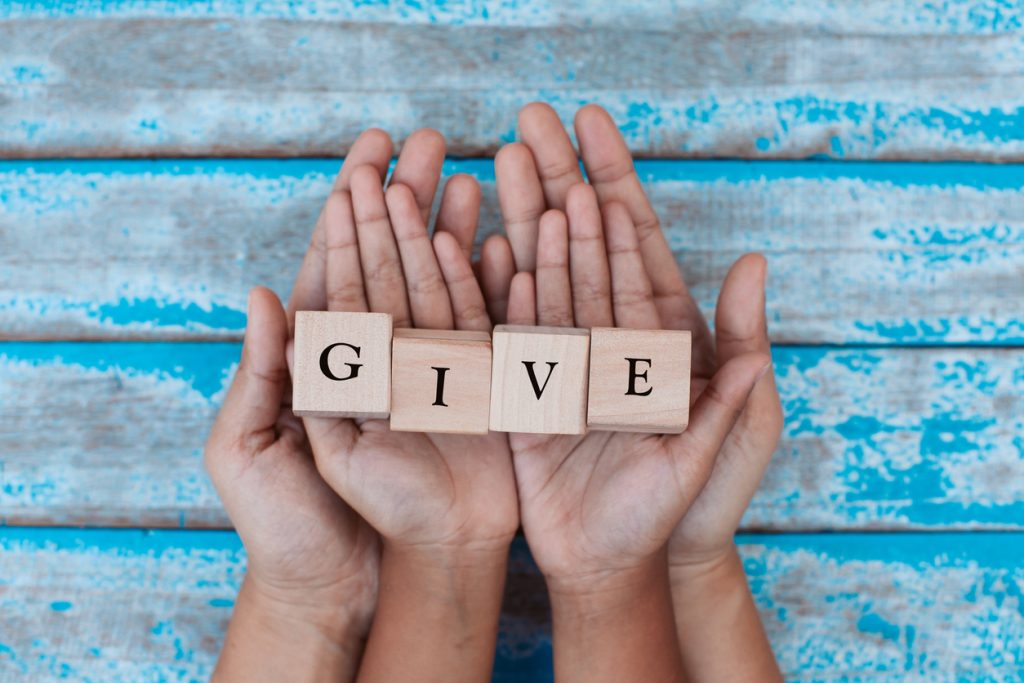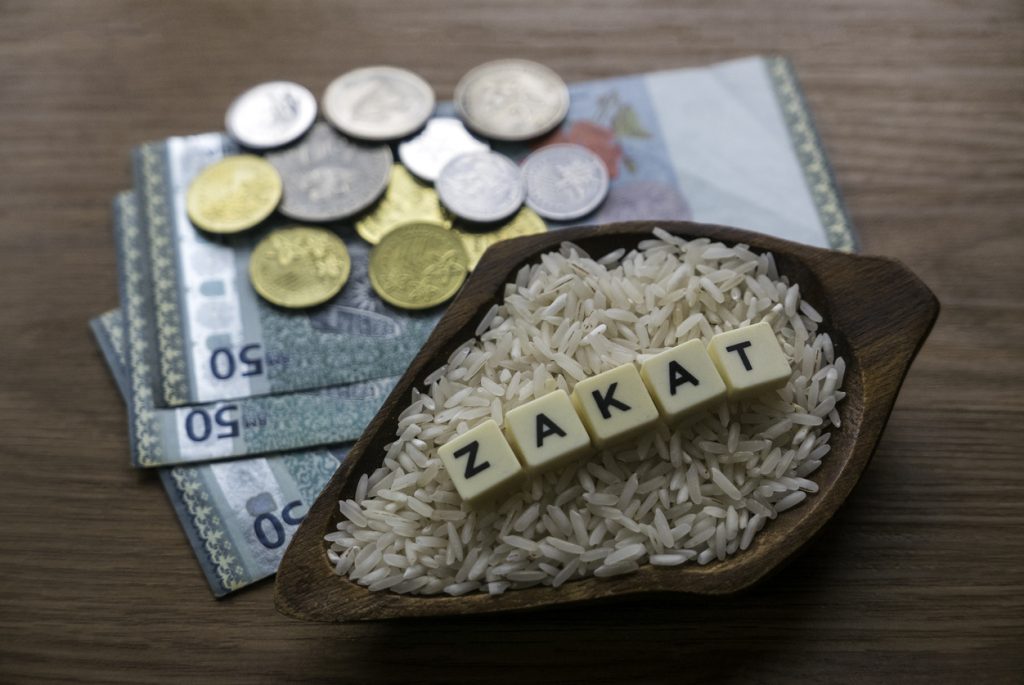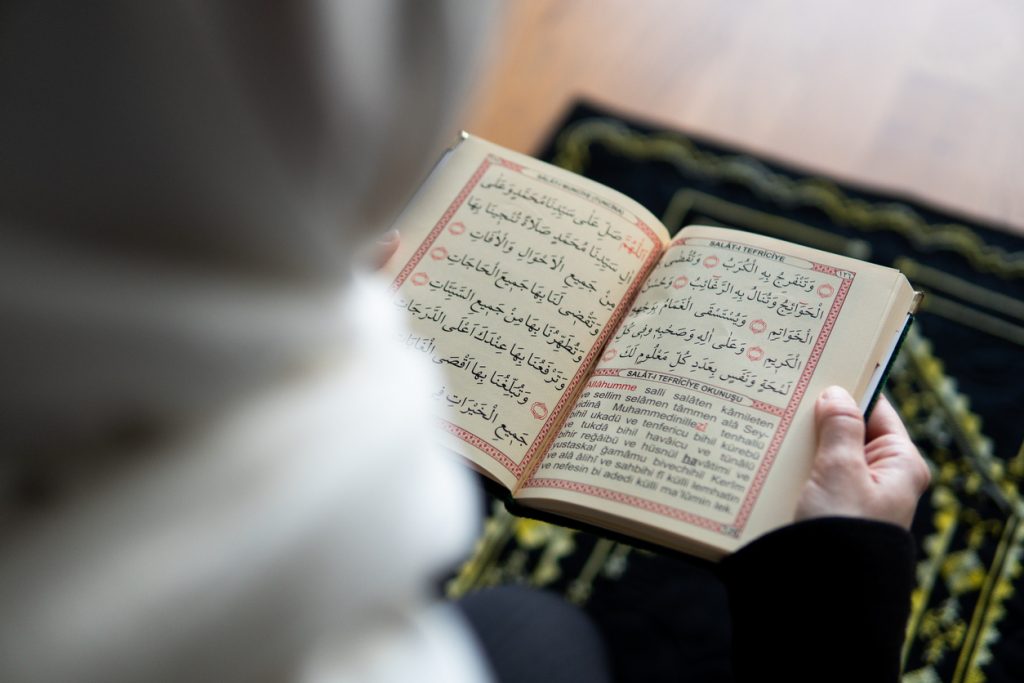Generosity can take many forms, one of which is charity to those less fortunate than ourselves by providing aid for Muslims and others – this kindness is recommended in Islam.
However, what is the best form of charitable donation?
The answer to this question depends on whether you are trying to obtain a reward from Allah or not.
Moreover, it depends on what type of person you are, as the ideal charitable act varies from person to person and vice versa.
The following are forms of charitable donations made in the Qur’an and Sunnah and some unrecommended ones.
The Best Charitable Donation for Others & Aid for Muslims

Sadaqah Jariyah
Sadaqah Jariyah is the most preferred form of charity. It is defined as giving to a poor person individually. Typically once or a few times, without asking for anything in return. It’s the type of charity performed by Muslims worldwide as an aid for Muslims and non-Muslims.
Sadaqah Jariyah for Deceased
Sadaqah Jariyah for the deceased is the second-best form of charitable donation after Sadaqah Jariyah for living recipients. It consists of giving to one or more persons in the Muslim nation that the deceased used to assist with charity (i.e., poor, beggars, orphans).
Sponsoring a Child, Teacher, or Orphan
The third best form of charitable donation is to sponsor a child, teacher or orphan who would otherwise not have the means to pay for their school fees or basic needs. Sunnah encourages sponsorship of 10% of one’s income for Muslims and 2.5% for non-Muslims if it does not cause harm.
Spreading Knowledge
Most forms of charitable donations encourage sharing knowledge that can benefit Muslims, for example, by donating books to libraries. However, Sunnah supports one’s students in both Islamic and secular education.
Charity for Others to Pay Their Zakah
It is recommended in Islam that we donate our Zakah (obligatory charitable donation) to others so they can pay their Zakah. For example, if you donate $100 to your local mosque or Islamic Center and $100 to your local orphanage, you will have paid your Zakah by the time you pay the second annual Zakah. Naturally, it is better not to give Zakah to others so that there is a constant stream of Zakah (in the form of money regularly) for the community. We also recommend using this opportunity by giving less than our established quota for charity.
Building a Mosque, School, or Hospital
The Prophet Muhammad (peace and blessings be upon him) said, “When a Muslim plants a tree or sows a field, or tends a flock of sheep, he is doing an act of charity.”
Scholars have listed building a mosque as one of Islam’s greatest forms of charitable donation. Also included in this category are schools because they work to both train and educate the next generation of Muslims. Scholars also point out that hospitals are included in this category since they, too, serve the sick and wounded.
It is important to note that there is no one-size-fits-all way of giving. The key is to give as you can when you can. If you cannot give your Zakah (obligatory charitable donation) annually, it is still important to contribute what you can. Your good deed will be recorded, and Allah Almighty will reward you accordingly.
The Al-Ansaar Islamic Foundation was started by a group of highly dedicated and passionate Muslims with a focus on knowledge and scholarship. Our ambition centres around the idea of contributing to communities by creating leaders, educators, and conscious individuals. We are ultimately concerned with building strong communities that impact the lives of others and motivate, inspire, and contribute to the good of humanity. Contact us toll-free at 1 (855) 633-6222.
